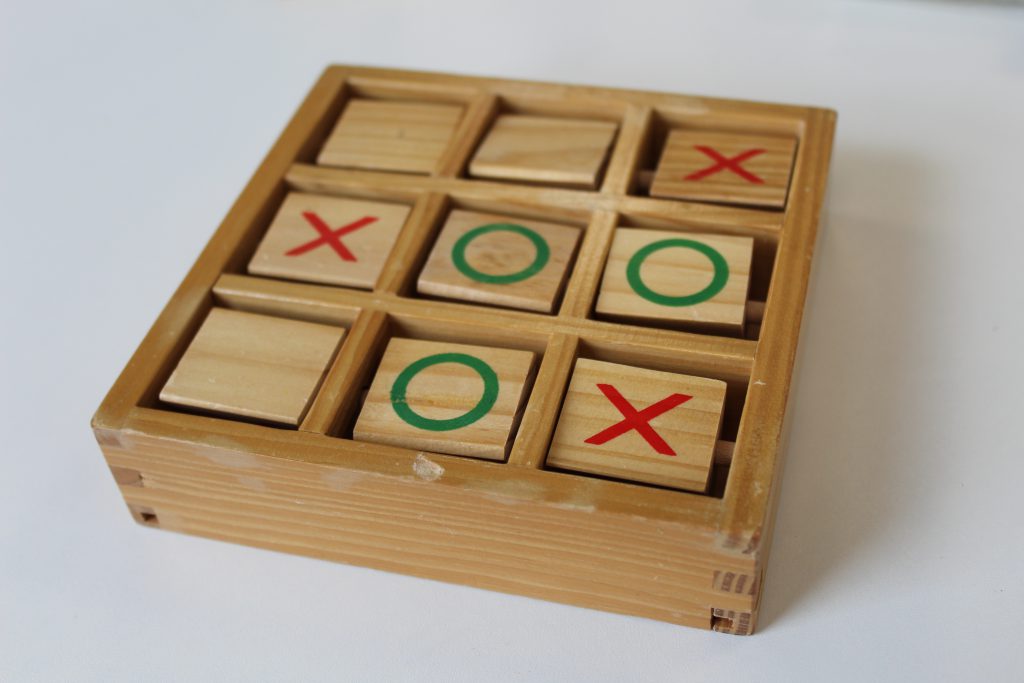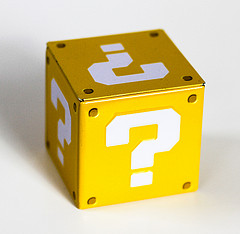Chris Sangwin and I wrote a LaTeX package for drawing Hex boards and games called hexboard. It can produce diagrams like this.
First: why? Then: how do you use it?
Chris Sangwin and I wrote a LaTeX package for drawing Hex boards and games called hexboard. It can produce diagrams like this.
First: why? Then: how do you use it?

A conversation about mathematics inspired by an auctioneer’s hammer. Presented by Katie Steckles and Peter Rowlett, with special guest Tim Harford.

Podcast: Play in new window | Download
Subscribe: RSS | List of episodes

A conversation about mathematics inspired by a Noughts and Crosses (Tic Tac Toe) board, covering Noughts and Crosses, a surprising number of variants, with a bit of higher dimensions and topology for good measure. Presented by Katie Steckles and Peter Rowlett.

Podcast: Play in new window | Download
Subscribe: RSS | List of episodes

A conversation about mathematics inspired by a pile of matchsticks. Presented by Katie Steckles and Peter Rowlett.

Podcast: Play in new window | Download
Subscribe: RSS | List of episodes
MATHS FANS! A rare treat for you. Tomorrow night, BBC4 will show The Joy of Winning – an hour long proper proper maths doc packed to the brim with glorious game theory. I think it might just be my favourite thing I've ever done for telly. pic.twitter.com/Xx09Wowwzz
— Hannah Fry (@FryRsquared) August 27, 2018
Hannah Fry presents a new one-off BBC4 documentary about game theory (reading the description, it sounds more classic than combinatorial), which the BBC4 website describes as a “gleefully nerdy adventure”. Should be fun!
This is tomorrow, 28th August 2018 at 9pm on BBC4 and on iPlayer after.
Update: iPlayer link to The Joy Of Winning.
 The Upshot is a column in the New York Times based around analytics, data and graphics. (It was conceived around the time when Nate Silver left to work for ESPN). Earlier this week, managing editor David Leonhardt and data journalist Kevin Quealy posted an interesting puzzle, entitled ‘Are You Smarter Than 49,485 other New York Times Readers?’
The Upshot is a column in the New York Times based around analytics, data and graphics. (It was conceived around the time when Nate Silver left to work for ESPN). Earlier this week, managing editor David Leonhardt and data journalist Kevin Quealy posted an interesting puzzle, entitled ‘Are You Smarter Than 49,485 other New York Times Readers?’
The puzzle consists of a simple question – you need to pick a number between 0 and 100, and all 49,485 of the responses will be collated (assuming that every single one of the Times’ readership actually enters a number) and averaged. If your guess turns out to be the closest whole number to two-thirds of the average guess, you are clever and you win.
I was invited to contribute to a special issue of The Mathematics Enthusiast on ‘Risk – Mathematical or Otherwise‘, guest edited by Egan J Chernoff. I wrote about the Maths Arcade and programming strategies for a game we play there called Quarto. Really, I was sketching an outline of an idea to encourage student project work.
My title is ‘Developing Strategic and Mathematical Thinking via Game Play: Programming to Investigate a Risky Strategy for Quarto‘ and the abstract is below.